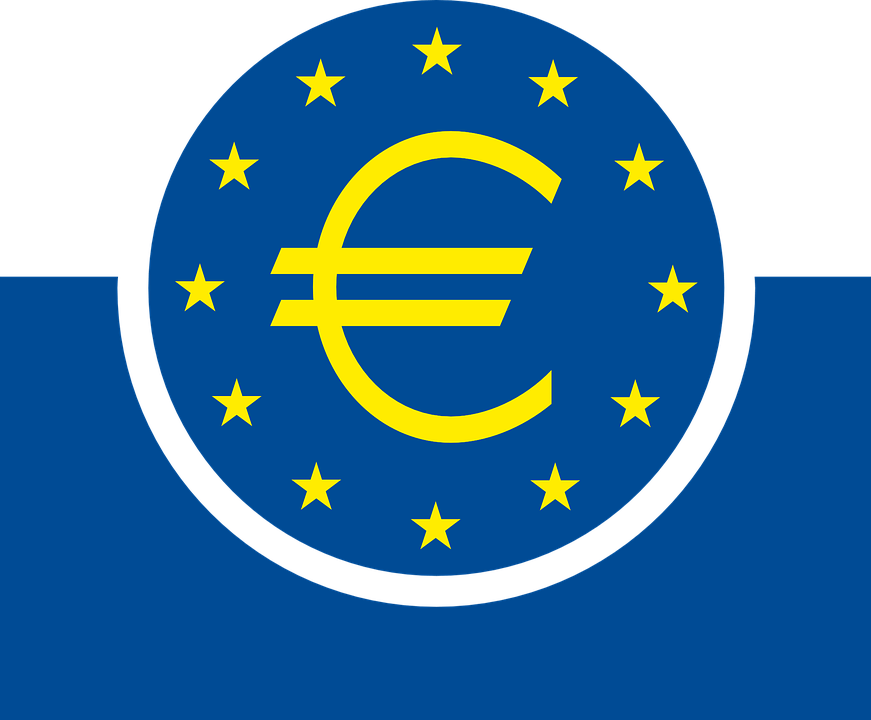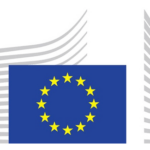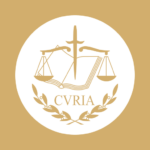Access to the official webpage and social networks
 |
 |
 |
 |
 |
Role: To manage the euro, keep prices stable and conduct EU economic & monetary policy
Members: ECB President and Vice-President and governors of national central banks from all EU countries
President: Christine Lagarde
Year established: 1998
Location: Frankfurt (Germany)
The European Central Bank (ECB) manages the euro and frames and implements EU economic & monetary policy. Its main aim is to keep prices stable, thereby supporting economic growth and job creation.
What does the ECB do?
- sets the interest rates at which it lends to commercial banks in the eurozone (also known as the euro area), thus controlling money supply and inflation
- manages the eurozone’s foreign currency reserves and the buying or selling of currencies to balance exchange rates
- ensures that financial markets & institutions are well supervised by national authorities, and that payment systems work well
- ensures the safety and soundness of the European banking system
- authorises production of euro banknotes by eurozone countries
- monitors price trends and assesses risks to price stability.
Composition
The ECB President represents the Bank at high-level EU and international meetings. The ECB has the 3 following decision-making bodies:
- Governing Council – the main decision-making body.
Consists of the Executive Board (see below) plus the governors of the national central banks from eurozone countries. - Executive Board – handles the day-to-day running of the ECB.
Consists of the ECB President and Vice-President and 4 other members appointed for 8-year terms by the leaders of the eurozone countries. - General Council – has more of an advisory & coordination role.
Consists of the ECB President and Vice-President and the governors of the central banks from all EU countries.
How does the ECB work?
The ECB works with the national central banks of all EU countries. Together they form the European System of Central Banks.
It leads cooperation between central banks in the eurozone. This is referred to as the Eurosystem.
The work of the governing bodies
- Governing Council – assesses economic and monetary developments, defines eurozone monetary policy and fixes the interest rates at which commercial banks can borrow from the ECB.
- Executive Board – implements monetary policy, manages day-to-day operations, prepares Governing Council meetings and exercises powers delegated to it by the Governing Council.
- General Council – contributes to advisory and coordination work and helps to prepare for new countries joining the euro.






Leave a Reply